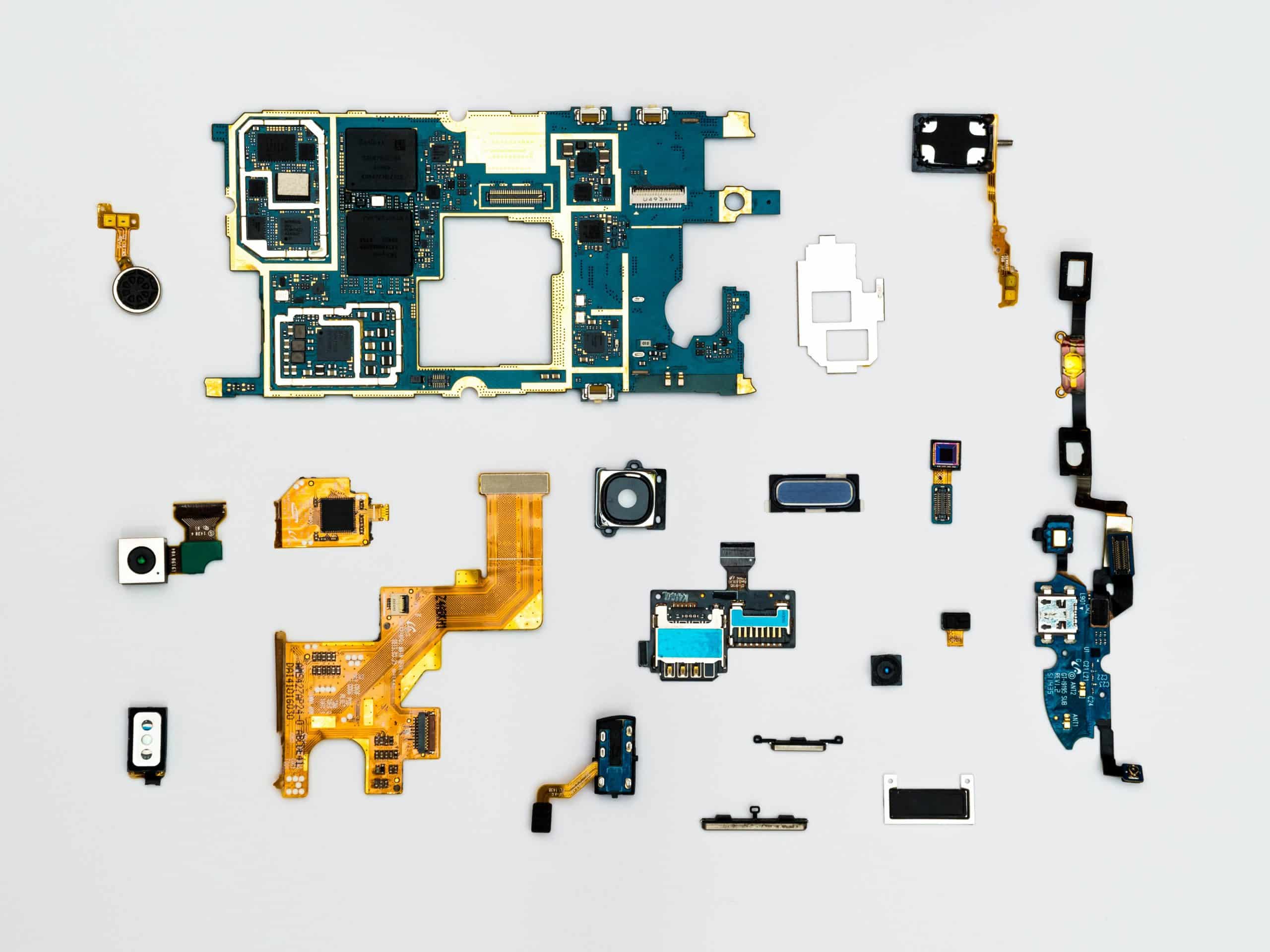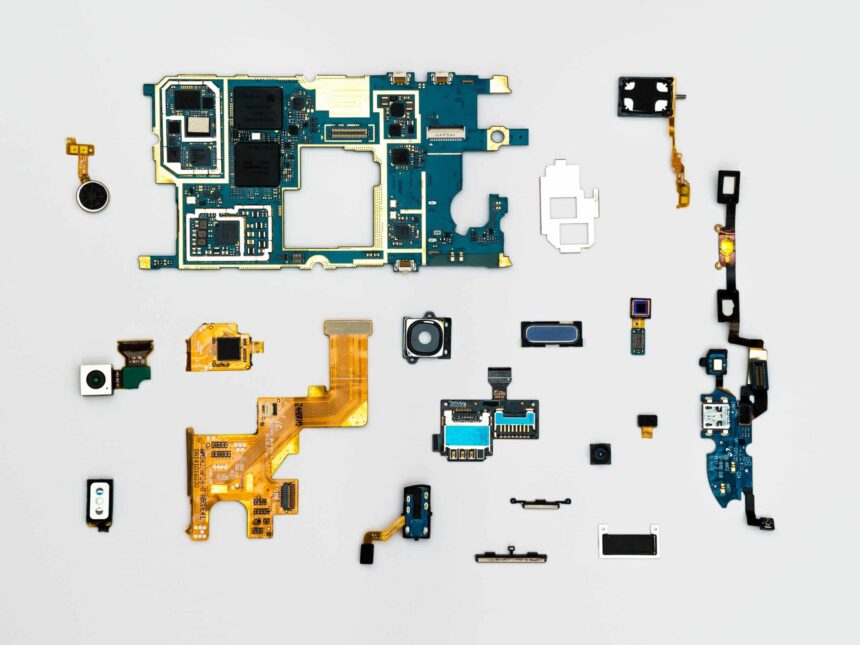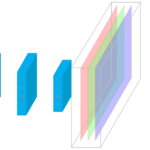
In just a few short years, AI has gone from a futuristic concept to a reality transforming nearly every industry—including software development. As AI continues to evolve, it is changing how we develop software. From automating repetitive tasks to helping us write better code, AI is quickly becoming an essential tool for developers. This blog post will explore five ways AI is transforming software development. From predictive coding to automated testing and more, AI is changing how we develop software for the better.
Table of contents
Machine Learning
Machine Learning (ML) is a subset of Artificial Intelligence (AI) that deals with creating algorithms that can learn from and make predictions on data.
In the past, ML was mainly used for academic research purposes. However, with the recent advancements in computing power and data storage, ML is now being used for various practical applications such as image recognition, speech recognition, and predictive analytics.
As ML becomes more accessible and mainstream, its impact on software development will only become more prevalent. Here are some ways that AI is transforming software development:
- Machine Learning is making it possible to automatically generate code
- Machine Learning is being used to create better coding tools
- Machine Learning is helping to automate the testing process
- Machine Learning is being used to improve application security
Natural Language Processing
Natural language processing is a branch of artificial intelligence that deals with how computers can understand and analyze unstructured data. This is made possible through programming languages such as intro python.
NLP technologies are used in various applications, including automated customer service, chatbots, intelligent personal assistants, sentiment analysis, text classification, question answering, machine translation, and information extraction.
With the advent of Deep Learning, NLP has made significant progress in recent years and is now one of AI’s most active research areas.
Predictive Analytics
Predictive analytics is a powerful tool that can help software developers make better project decisions. By using AI to analyze data, developers can identify trends and patterns that they may not have been able to see with the naked eye. This information can then predict how likely a project is to succeed or fail and what steps need to be taken to improve the chances of success.
In the past, predictive analytics was mostly used by large companies with huge datasets and teams of data scientists. However, thanks to advances in AI technology, predictive analytics is now within reach of even small development teams. Several different predictive analytics tools are available, each with its own strengths and weaknesses. The right tool for your team will depend on your specific needs and goals.
No matter which predictive analytics tool you choose, you’re sure to see an improvement in your decision-making process. With AI on your side, you’ll be able to make more informed decisions about your projects, leading to better results overall.
The Internet of Things
The Internet of Things, or IoT, is one of the most transformative technologies of our time. Connecting physical objects to the internet opens up new possibilities for how we interact with the world around us.
AI is playing a big role in the development of IoT, from powering voice-activated assistants like Amazon’s Alexa to helping manufacturers create smarter factories. Here are some ways AI is transforming software development:
- Automated testing: In the past, testing software was a time-consuming and expensive process that required manual labor. With AI, developers can automatically test their software for bugs and errors. This saves time and money and helps ensure that software is of high quality before it’s released to users.
- Smarter code completion: IDEs (integrated development environments) are tools that help developers write code more efficiently. Some IDEs now use AI to provide code-completion suggestions based on what has been written. This can speed up development time and help prevent errors.
- Intelligent issue tracking: When developers work on complex projects, they often need to track down and fix issues. AI can help by automatically identifying issues and providing suggested solutions. This can save a lot of time and frustration for developers and lead to better-quality software overall.
- Improved app performance: As more and more people use smartphones and other mobile devices, it
Debugging is one of the most time-consuming and frustrating tasks for software developers. It can often take hours or even days to track down and fix a single bug. AI-assisted code editing and debugging tools have the potential to greatly speed up this process by automatically identifying and correcting errors in code.
Some AI-assisted code editing tools, such as Google’s AutoML Vision, are already available and used by developers. Others, like Microsoft’s Visual Studio IntelliCode, are still in preview mode. But all of these tools share the same goal: to make debugging faster and easier by using AI to identify errors and suggest fixes.
AutoML Vision, for example, can be used to label images automatically for training machine learning models. This saves developers the time and effort of manually labeling images, which can be tedious and error-prone.
Visual Studio IntelliCode is an AI-assisted code editor that provides intelligent suggestions based on your code context and history. It also includes features such as inline parameter help, saving you time when writing code.
Both of these tools demonstrate how AI can automate repetitive tasks and improve the accuracy of results. As AI-assisted code editing tools become more sophisticated, they will likely become an essential part of the software development workflow for many developers.
AI is transforming the software development landscape by providing developers with new tools to increase productivity and speed up the software development process. AI-powered developer tools can help developers to automate repetitive tasks, such as code refactoring and testing, and can also provide suggestions for improving code quality. In addition, AI-powered developer tools can help developers identify potential bugs in their code and suggest fixes.
As you can see, AI is already starting to transform software development. By automating repetitive tasks, AI frees developers to focus on more creative and strategic work. And as AI continues to evolve, we can only expect even more transformative changes in the years ahead.











